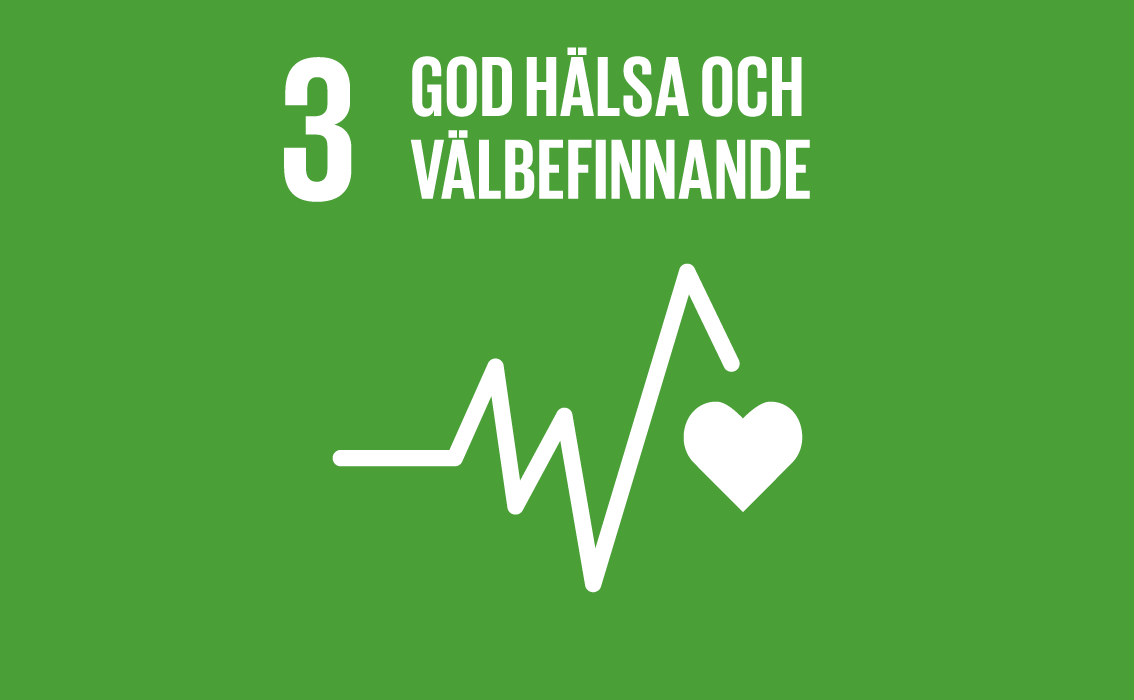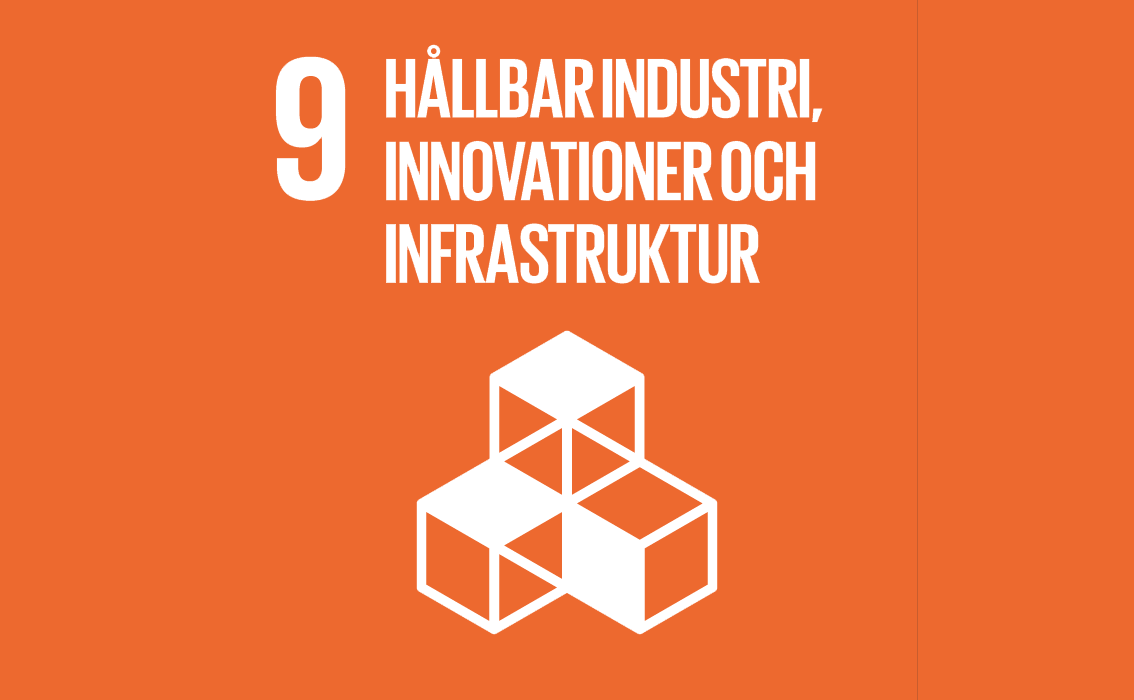Inbyggda sensorsystem för Health Plus
ESS-H+-profilen syftar till en ökad specialisering, en betydande progression och höjda vetenskapliga ambitioner, jämfört med ESS-H, genom fördjupad samproduktion med våra partnerföretag inom ett integrerat fokusområde: Sensorsystem för hälsoövervakning/-övervakning av människor.
Avslutat
Start
2019-04-01
Avslut
2022-09-30
Huvudfinansiering
Samarbetspartners
Forskningsinriktning
Projektansvarig vid MDU
Background
The objective of ESS-H+ is to leverage on the results of the KKS research profile Embedded Sensor Systems for Health (ESS-H) at Mälardalen University (MDU), through further development of the scientific excellenceand the international recognitionthat has been founded through ESS-H. The ESS-H research environment, with an ecosystem of multiple research projects in synergy, will be enhanced by ESS-H+. The aim and goal of the ESS-H+ profile is to raise the scientific ambitions and progression further, as compared to the current ESS-H profile.
The bearing idea of ESS-H+ is that health monitoring should be able to be performed anytime, anywhere. Our research challenges are focused to the areas of Reliable acquisition and management of physiological data, and Reliable distributed data analysis. Reliable acquisition and management of physiological data is a fundamental prerequisite for advancing anytime, anywhere health monitoring, towards enabling remote monitoring of more serious health conditions than what is safely possible today. Reliable distributed data analysis is a fundamental prerequisite for enabling large-scale deployment of anytime, anywhere health monitoring. Both research challenges are complex and require multi-disciplinary research.
Since the ESS-H profile started in 2013, the profile focus area embedded sensor systems for healthhas become an even more important area for current and future research, development, and innovation. In March 2016, the Swedish government together with the Swedish Association of Local Authorities and Regions (Sveriges Kommuner och Landsting) agreed on the vision that Sweden in the year 2025 should be the best country in the world on using digitalization and e-health with the purpose to help people reach a good and equal health and welfare, and to empower them to be actively involved in the society[1]. In June 2016, a report on possible cost savings for the Swedish care system was released by McKinsey&Company[2], where connectivity, automatization and advanced data analysis were pointed out as key enablers for the future care. By 2025, monitoring by sensor systems over distance was alone predicted to correspond to possible cost savings of 29 billion SEK yearly. The eHealth Action Plan 2012-2020[3]and the European Cloud Initiative[4]are guidelines on the European level. As a key enabler for new products and services, advanced sensor systems provide solutions to several important challenges for the development and sustainability of the society, including applications related to private and public health, as well as to healthy and safe work environments. These application areas are growing rapidly, and there is a huge potential for companies at the forefront. The demographic changes, with more elderly persons and more people with multiple chronic diseases, accentuate the need for more advanced sensor systems in support of the sick and elderly, in order to be able to maintain our current level of care in the future. In ESS-H+, early diagnosis through wearable monitoring systems and health trend monitoring are important applications. New advanced sensor systems can be enablers to a better life for many.
Our competence areas, that we leverage on in ESS-H+ to address the main research challenges, have been built up and strengthened during the ESS-H profile that has been ongoing since April 2013. Our core competence areas in ESS-H are biomedical sensor systems, biomedical signal processing,intelligent decision support, and reliable wireless communication. Researchers from all these competence areas will work together with our partner companies in the ESS-H+ cross-disciplinary subprojects.
Additionally, ESS-H+ will contribute to the development of undergraduate and graduate education at MDU in the area of embedded sensor systems for health. This is achieved through the scientific competence that has been developed during ESS-H, and that we will develop further through ESS-H+. The strong research environment will deliver relevant and up-to-date education to MDU students, at basic, advanced, and PhD education levels. Courses will be developed and renewed within the MDU engineering programs in Robotics and Dependable systems, and supervision will be given within PhD education, including within the KKS-funded industrial PhD schools ITS-EASY+ and ITS ESS-H.
The ESS-H+ consortium consists of researchers from the prioritized strategic specialization Embedded Systems at MDU, and the companies Brighter, Camanio Care, Delphie LST, DELTA, JC Development, Motion Control, NEP, Qamcom, Senseair, and Tjeders. In addition, the public sector organizations Västerås municipality, Region Västmanland, and Research & Development in Sörmland (all municipalities and the County Council), will provide clinical competence and user perspectives from end users, professionals and organizations.Close co-production between university, companies, and user organizations will ensure industrial relevance in the formulation of research problems, user relevance in system design and implementation, as well as clear channels to adapt, deploy, and commercialize research results from ESS-H+.
Goals of the project
The ESS-H+ profile will aim for an increased specialization, a significant progression, and raised scientific ambitions, as compared to ESS-H, through deepened co-production with our partner companies within one integrated Focus Area: Sensor systems for health monitoring/monitoring of humans. Since a system-wide holistic approach with end-user involvement is an important cornerstone in our ESS-H+ research, we have chosen to form four subprojects around application types. This enables us to focus our research specialization further within each subproject, thus enabling significant progression. At the same time, there are clear synergies between the subprojects, which enables competences developed within one subproject to enhance the other subprojects. Each of the subprojects has several participating companies, and some companies participate in more than one subproject.
Together, the set of subprojects will be able to make ESS-H+ address a larger part of the focus area problem space. Within the focus area problem space, the ESS-H+ research subprojects will focus on a few key research problems each, key problems where advancement beyond the current state of the art are prerequisites for enabling the introduction or deployment of new and better sensor systems for health, based on our research findings within ESS-H+.
-----------------------------------------------------------------------------------------
[2] McKinsey&Company, Värdet av digital teknik i den svenska vården, June 2016.
[3] eHealth Action Plan 2012-2020, https://ec.europa.eu/digital-single-market/en/news/ehealth-action-plan-2012-2020-innovative-healthcare-21st-century External link, opens in new window.
External link, opens in new window.
[4] European cloud initiative, https://ec.europa.eu/digital-single-market/en/%20european-cloud-initiative External link, opens in new window.
External link, opens in new window.



